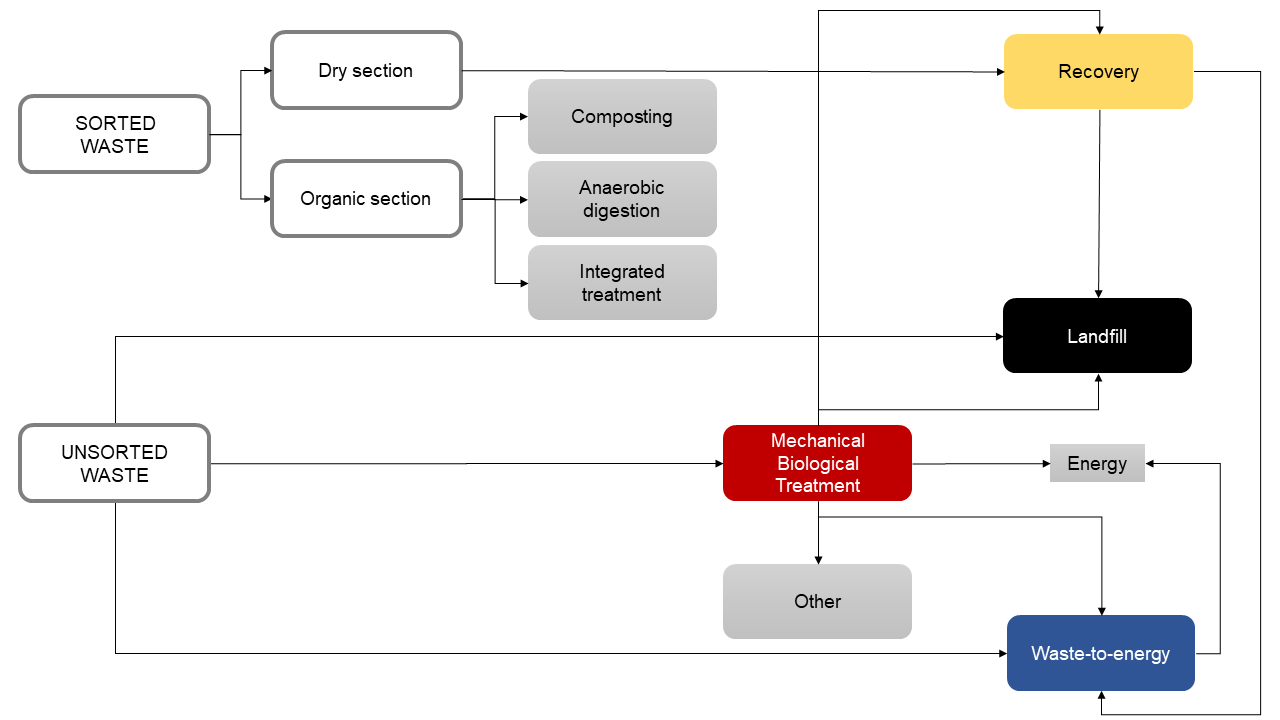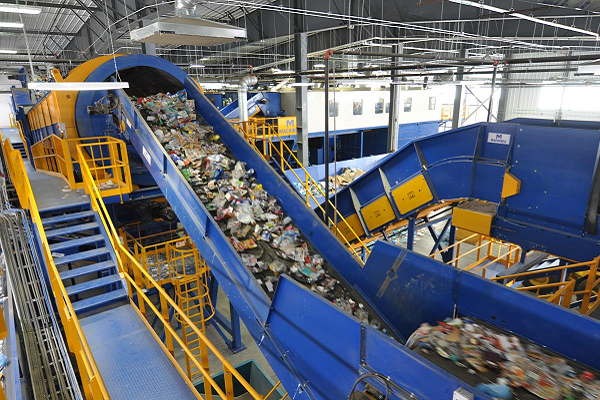Designing waste management systems to meet circular economy goals: The Italian case
Autori
Giacomo Di Foggia, Massimo Becccarello
Sustainable Production and Consumption, 26, 1074–1083
Waste management capacity plays a prominent role in complying with circular economy goals, such as reducing municipal waste disposal by landfilling to 10%. We first analyze the imbalance in municipal solid waste management across Italy by estimating the quantities of waste to be treated using technologies different from those currently in use. Subsequently, we estimate the impact that a system compliant with circular economy goals would have on the cost of waste management. Our empirical analyses are based on an econometric method. The results suggest that Italy could reduce the use of landfill by 11.5%, resulting in a 13% reduction in mechanical-biological treatment. The waste-to-energy capacity would rise by 4.6% compared to the current situation, while the organic fraction treatment capacity would increase by 8.3%. Besides the positive impact on the environment, the potential annual savings on the cost of waste management could reach 0.07%, or 0.27% when the phase corresponding to treatment and disposal is considered. We provide insights into the design of more efficient national waste management plans using a novel approach based on best performers.




